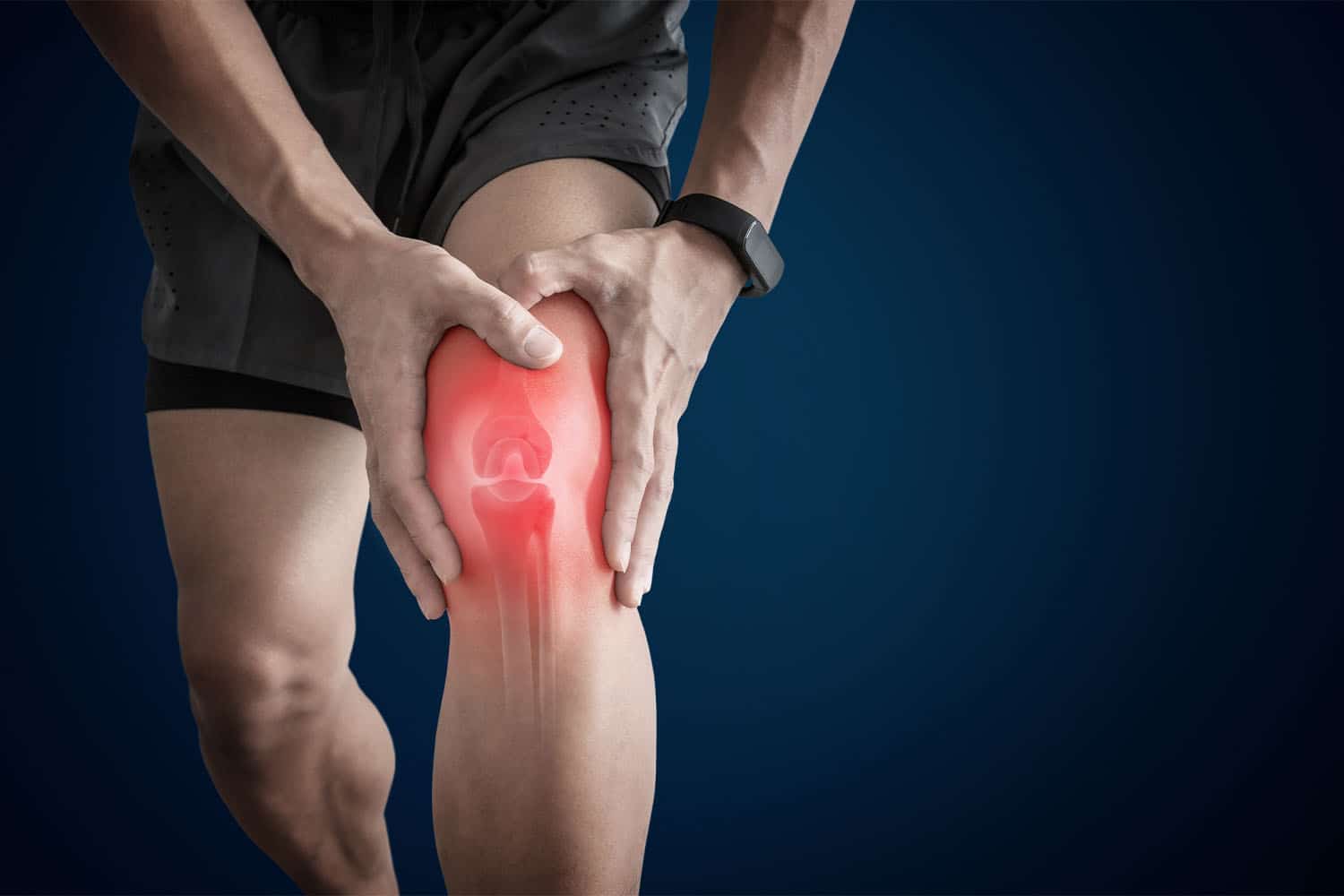
admin
14-10-2024
Getting knee pain treatment in today’s time can be pretty overwhelming, considering the multiple alternatives available these days. However, we are here with the best knee pain treatment out there. One of the best approaches to treating any kind of knee pain is Ayurvedic medicine, a holistic healing system that has been practiced in India for more than 3,000 years. Ayurveda practices treating knee pain by dealing with the root cause of the discomfort rather than just suppressing symptoms to make the body whole and well again.
According to Ayurveda, knee pain is said to result from imbalances in the doshas, which are Vata, Pitta, and Kapha. Although Vata specifically governs movement, it can cause joint pain when unnatural or unbalanced. Here’s a rundown of some remedies that are induced in an ayurvedic knee pain treatment:
Ayurvedic treatment of knee pain begins with evaluating your diet. There are some food items that can even cause inflammation and, therefore, enhance the pain in joints. Some of the anti-inflammatory foods that are consumed fresh include fruits, vegetables, and whole grains. Of all the spices, turmeric and ginger are the two most crucial ones for use, as they have immense anti-inflammatory activity. Avoiding processed foods, excessive salts, and sugary items also helps towards pain relief. Foods that are warm, cooked, and easy to digest are suggested, as they can easily facilitate better uptake of nutrients into the body and healing.
For the treatment of knee pain, Ayurvedic therapies apply a combination of herbs that have analgesic and anti-inflammatory effects. Among the many known herbs used to treat knee pain, some of the most popular ones include turmeric, boswellia, or Indian frankincense, and ginger. Most are usually available in the form of powders, teas, and capsules. Another helpful herb in diminishing stress and building overall vitality that may be useful in chronic pain management is ashwagandha.
Apart from diet and herbal interventions, lifestyle modification forms the core of the care measure in Ayurveda. Stress management through yoga and meditation may also be helpful in balancing the doshas and relieving pain. Physiological exercises have to be carried out frequently and smoothly, as maintaining flexibility in the joints and a correct weight lessens pressure on the knees. Exercises such as walking or swimming can help in improving mobility, which can be done without putting too much strain on the joints.
Ayurvedic treatments like Panchakarma heal the pain in the knee. This cleansing treatment aims at propelling toxins from the body and restoring equilibrium by incorporating several treatments. Techniques may include applying warm medicated oils through Abhyanga or oil massages. Swedana or steam therapy to improve blood circulation, and herbal poultices placed directly on the affected areas.
Ayurvedic knee pain treatment includes a multifaceted approach that aims to cure the symptoms and help treat the body itself. Ayurvedic treatment brings long-term relief through remedies and therapeutic practices. For a more wholesome approach to health and wellness, Ayurveda therapies can also be applied to weight loss treatment, ensuring a balanced and sustainable path to wellness. Whether you are suffering from chronic or short-term medical discomforts embracing Ayurvedic therapies may provide the long-term relief you need.